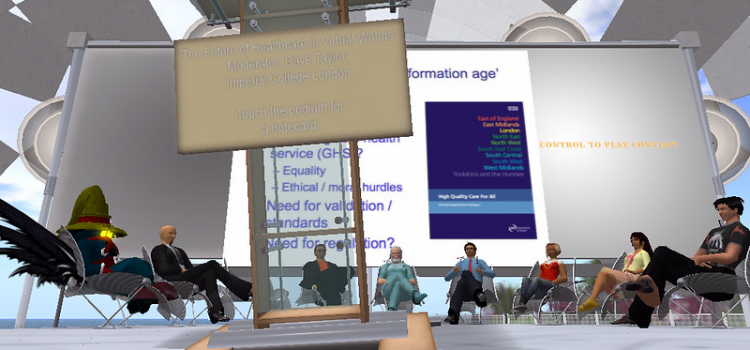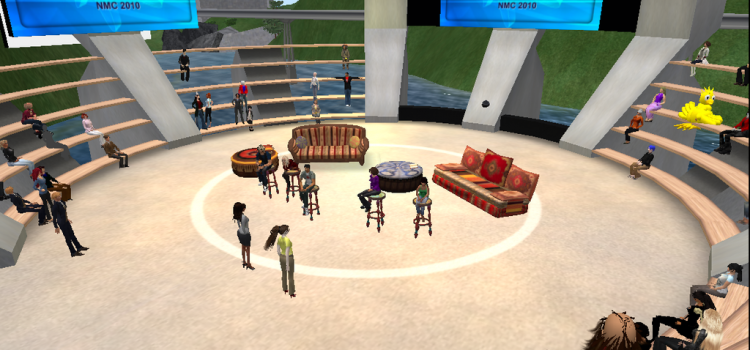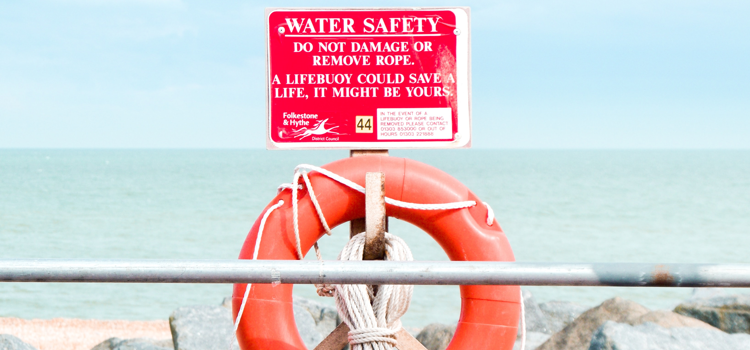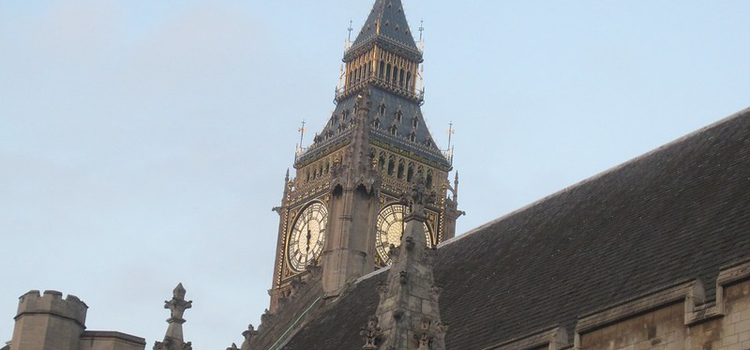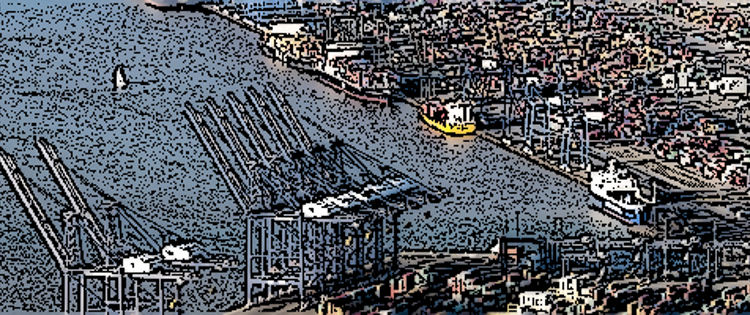The 2022 version of the Economist’s Democracy Index is out, and I am surprised to find that the UK remains classed as a Democracy and maintains its position as 18th in the World. I last looked at this in 2018 and wrote quite a long article, being surprised at how few Democracies are defined as such by the Economist and how, if the US was classed as a flawed democracy, the UK was not. Democracy is,
Government by consent expressed through free and fair elections and under the rule of law without favour.
The Economist’s index measures over five classifications and sixty questions. The five classifications are Elections (with 12 questions), Government (14), Participation (9), Culture (8) and Human Rights (16). The article looks at theirs and my scoring in each category.
In summary, I believe that, on “Free, fair and meaningful elections”, the UK’s score is serious damaged by the existence of the House of Lords and FPTP votin. There is an inadequate regulation of election finance laws with recently weakened independence for the regulator and an inequality of access to the press and media.
On Functioning of government, I mark the UK down on a weak democratic control of the Government, and no basic human rights law. In the UK, the Government controls the legislature and not the other way around.
On Civil Liberties, I am concerned about the lack of social rights and the limited access to judicial review, there is a serious crisis of confidence in the police, racism is rife within the nation expressed both economically and in terms of relations between minority communities and the state and the government always over-reacts to public order outrages, and is inciting the political atmosphere to pass even more regressive laws.
I talk about the importance of the recommendations of Gordon Brown’s Commission on the constitution of the UK. I commented on the Commission's report in an article, called, New Britain, New Britcon [also on Medium]. The Commission ducked the issue of proportional representation which would be another means of ensuring that the legislature, i.e. Parliament held the government accountable and not the other way round.
Some of where we disagree is about methodology, some of it is values based, but there is a big difference in our scores and the issues I raise need to be addressed by the Economist in their methodology and by the rest of us in terms of building and/or defending a democratic state.
Even Norway’s democracy, the Economist’s No. 1, can be improved.
There is considerably more detailed critique overleaf, including three diagrams. Use the "Read More" button ...
